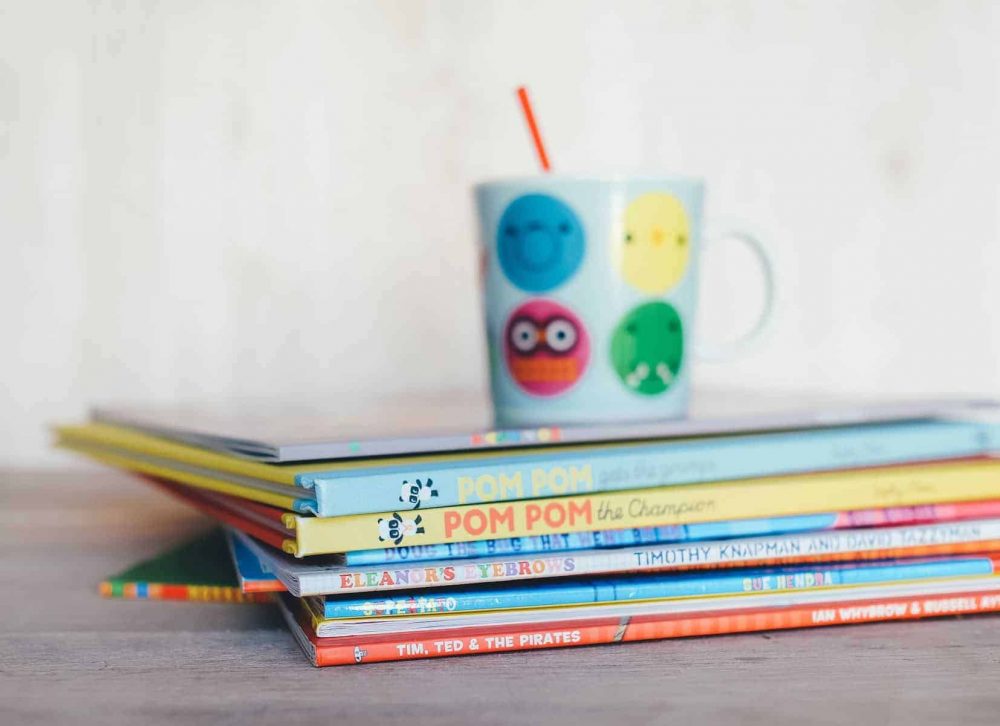Dyslexia: When the signs are in front of you, read them!
For the last few years, we’ve had some nagging concerns about our oldest daughter, and how she is progressing at school. She’s really small for her age, can be very shy, and often disliked certain kinds of homework. I know these all seem like most normal things for an elementary aged child. But it was […]

For the last few years, we’ve had some nagging concerns about our oldest daughter, and how she is progressing at school. She’s really small for her age, can be very shy, and often disliked certain kinds of homework. I know these all seem like most normal things for an elementary aged child. But it was how she tackled her homework, or talked about being slow at school, or struggled with written tests that have kept bringing up a red flag for us over the past few years.

It wasn’t until this school year that we started to become more and more aware of how she struggled with her schoolwork and testing. As the subjects she’s studying have gotten more complex, a difference in how our daughter reads and processes written material has become more apparent. We know she’s smart, she loves math, and has an incredible ability to rationalize and reason. She has a love of learning and is eager to please when it comes to her workmanship. But getting her to read, or do any work that required reading semi-complex questions to do her homework had become enormously difficult. We would buy or check out any book for her whenever she expressed interest. We own so many Who’s Who books.
On multiple occasions, we would have horrible experiences with homework time. It was painful and frustrating for all of us, especially for her, and a lot of tears were involved. After giving it more and more thought, we finally decided to have her tested. And it’s a good thing we did. Our daughter is struggling with language processing and sound-symbol connection and shows very obvious signs (to a professional educational therapist) that she is very likely affected by some amount of dyslexia. Basically, this makes any task that requires reading (almost everything in 3rd grade) very difficult and comprehension even harder.

What are the signs of being Dyslexic?
Everyone with dyslexia will have different levels of dyslexia, and cases are often very different. We are fortunate that our daughter’s situation seems limited to just one area, making our case more textbook, and somewhat easier to teach her skills to compensate it and overcome it. But there are a few warning signs that we kept pushing under the rug…
- Slow processing. It took our daughter twice as long as other kids to complete seemingly simple tasks that involved basic reading and writing.
- Confusing words that were similar in sight and sound.
- Speed and accuracy for basic reading were poor.
- Reading well below grade level.
- Skipping words or entire sentences when reading.
- Her handwriting was barely legible.
- Forgets to use capitalization and punctuation when writing sentences.
- Lots and lots of tears on a continuous basis.
Where do we go from here?
Now that we have had her tested and evaluated, we now have a plan for where we go from here. The first thing we as parents need to do is check our guilt at the door. Or as much as we can–the guilt we feel as a parent is something we’re both dealing with right now. We’ve said things to our daughter that were really unfair, now knowing how much harder she’s had to work so far. We’ve gotten angry with her, and pushed her past the point of exhaustion with school work. Especially when we thought she was just being lazy and not wanting to do it. Or when we thought she just wasn’t paying attention to what she was reading. So we can keep feeling crappy. Or we can move forward in a modified direction, and get her the help she needs. We’re choosing the later.

What are we doing now?
There is no quick fix for dyslexia and related learning disabilities. It’s a lifelong learning curve that we need to figure out together. For now, here’s what we are doing…
- Starting one-on-one therapy using the Barton System.
- Listening to books on tape. (suggestions for a 9-year-old welcome)
- Adding Overcoming Dyslexia and The Dyslexic Advantage to the top of our reading list.
- Not freaking out or feeling guilty.
- Loving our girl more than ever, and seeking even more patience and compassion in our parenting.
For now, that’s basically how we got here and what we’re doing. We plan on listening to a lot of books on tape over the next few weeks as we prepare to head out on a long vacation. We are hoping this will give her a newfound way to love books and enjoy “reading” for the first time. Our daughter is such a sweet loving girl. This is one bump in her road that we know she’ll overcome.
If you have experience with Dyslexia, or if you can offer suggestions for books on tape (primarily for our daughter), please leave a comment. We’d love to hear anything you have!
